Covid: Mask up ‘for the next few weeks’
Australians are being asked to wear masks in crowded indoor places ‘not forever but for the next few weeks’.
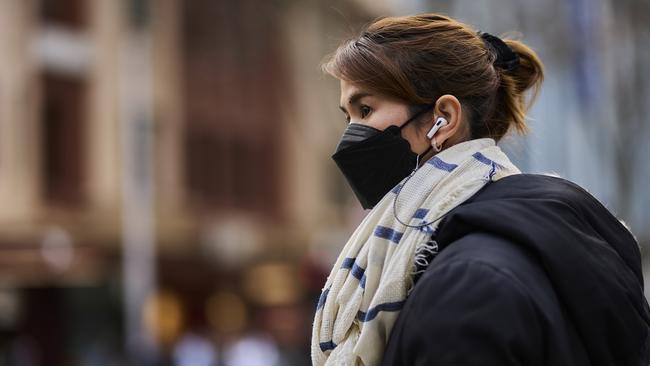
Australians are being asked to wear masks in crowded indoor places “not forever but for the next few weeks” as Covid-19 hospitalisations reach levels not seen since February and the winter Omicron wave combined with the flu poses a “significant new threat”.
Health Minister Mark Butler said about 300,000 Covid cases had been reported in the past week alone but he and Chief Medical Officer Paul Kelly were “pretty confident” the true number was more than double that.
There are more than 5200 Australians with Covid in hospital – compared to a peak of 5300 hospitalisations during the first Omicron wave in January – but ICU numbers remain at about half the rate of January admissions because there is less of the Delta strain in the community.
Professor Kelly said the dominant Omicron BA.4 and BA.5 variants were much more infectious than earlier variants, with reinfection more prevalent.
“This will increase pressure on our hospitals which are already experiencing high levels of patients, and absenteeism due to illness in staff,” he says in a statement released on Tuesday.
“Due to the number of cases, we may also see a rise in the number of people dying with Covid-19, particularly among those who are at higher risk of severe disease, most notably people over the age of 80 and those who have not received all recommended vaccine doses.”
Professor Kelly would not say how many cases he believed there would be at the height of the winter outbreak but conceded numbers would continue to rise in every state and territory over the next four weeks.
The government’s new statement, which reinforces advice quietly released by the Australian Health Protection Principal Committee nearly two weeks ago, encourages employers to consider having some employees working from home, wearing masks in the workplace and supporting employees to take leave when sick.

“I also encourage everyone to follow the recent advice of the AHPPC and wear masks when outside the home in crowded indoor environments, including on public transport. This is important to protect yourself and others,” the statement says.
“Physical distancing, where possible, and following good hygiene practices provide additional layers of protection. Undertake a test if you have any symptoms and stay at home if you have Covid-19.”
Professor Kelly said the measures would not have to be followed “forever – but just for the next few weeks”. “This is the way we can influence the spread of the virus, protect vulnerable people in our community and also protect our healthcare systems, which are already under strain,” he said.
Ai Group head of influence and policy Peter Burn said while about half of Covid-positive Australians were seemingly not registering their result, there was no reason to think they were not following isolation requirements.
He praised the government’s “sensible” approach in releasing a set of “strong” recommendations and useful information without resorting to mandates.
While there have been calls to review the isolation period and reduce it from seven days to five, Australian Chamber of Commerce and Industry chief executive Andrew McKellar and the small business chamber chief executive Alexi Boyd said business had to be guided by health advice.
“We’ve got a tough period ahead in the coming weeks, it hasn’t peaked. I think the winter wave has crept on us a little bit,” Mr McKellar said.
“There’s a critical role for government and business and others to be really pushing out the messages and trying to minimise risk without having to resort to some of the draconian measures that had to be adopted in the past. All governments understand community tolerance and appetite for harsh restrictions is not there.”
The Therapeutic Goods Administration has granted provisional approval for the Moderna vaccine for children aged six months to five years old but there are still a number of hurdles to go through, including securing enough vaccines.
Mr Butler said the best thing parents with young children could do was get them vaccinated against the flu.
Fourth vaccine dose take up has improved in aged care – with 76 per cent of residents now vaccinated – and some 550,000 people have had their second booster in the past week since it was opened to anyone aged 30 or above.
But Mr Butler said more than five million eligible Australians still had not had their third dose, warning the rate was not shifting fast enough. “It will provide you with extra protection, particularly against the possibility of severe disease,” he said.


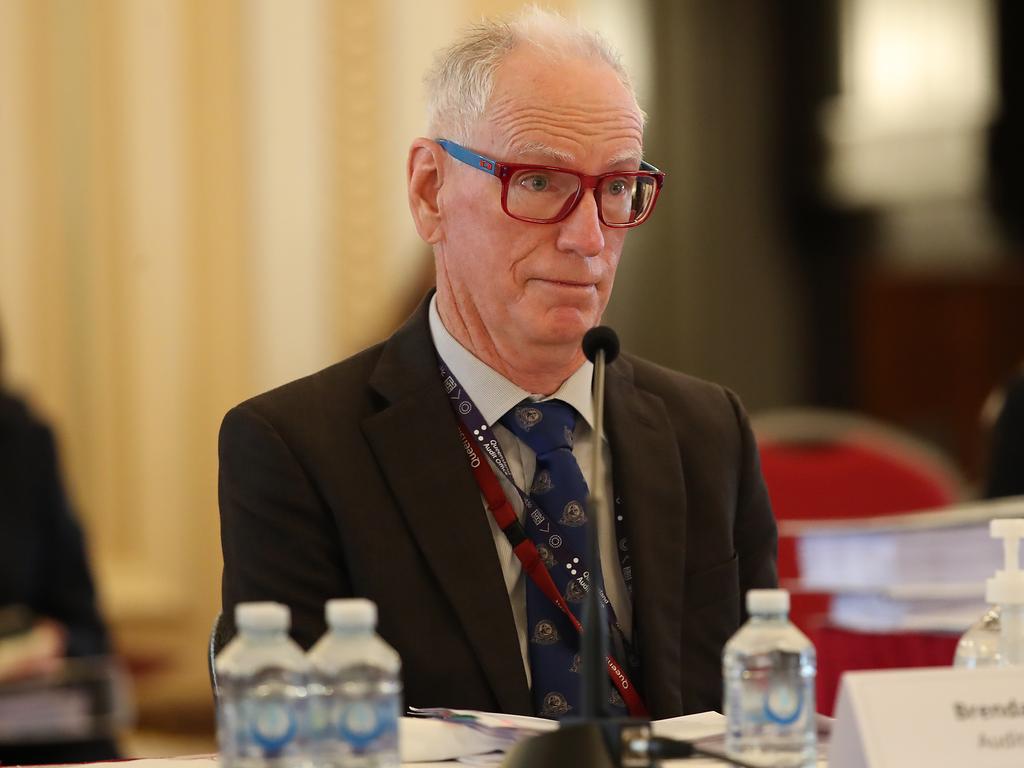


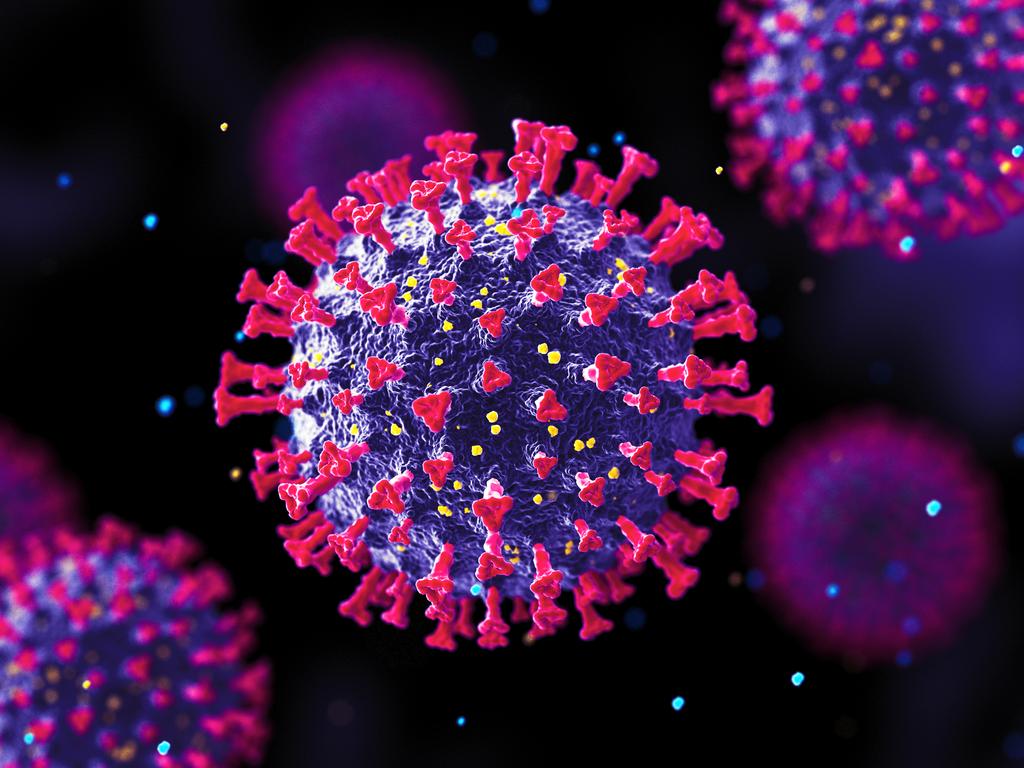
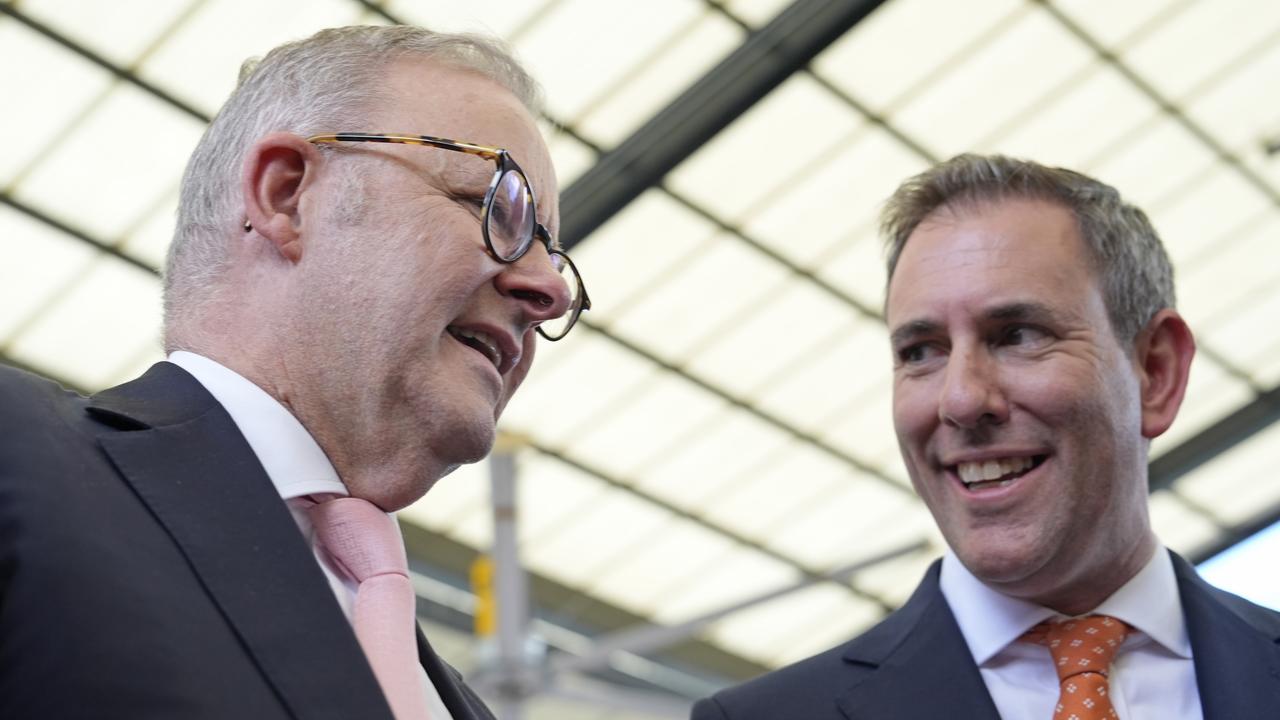
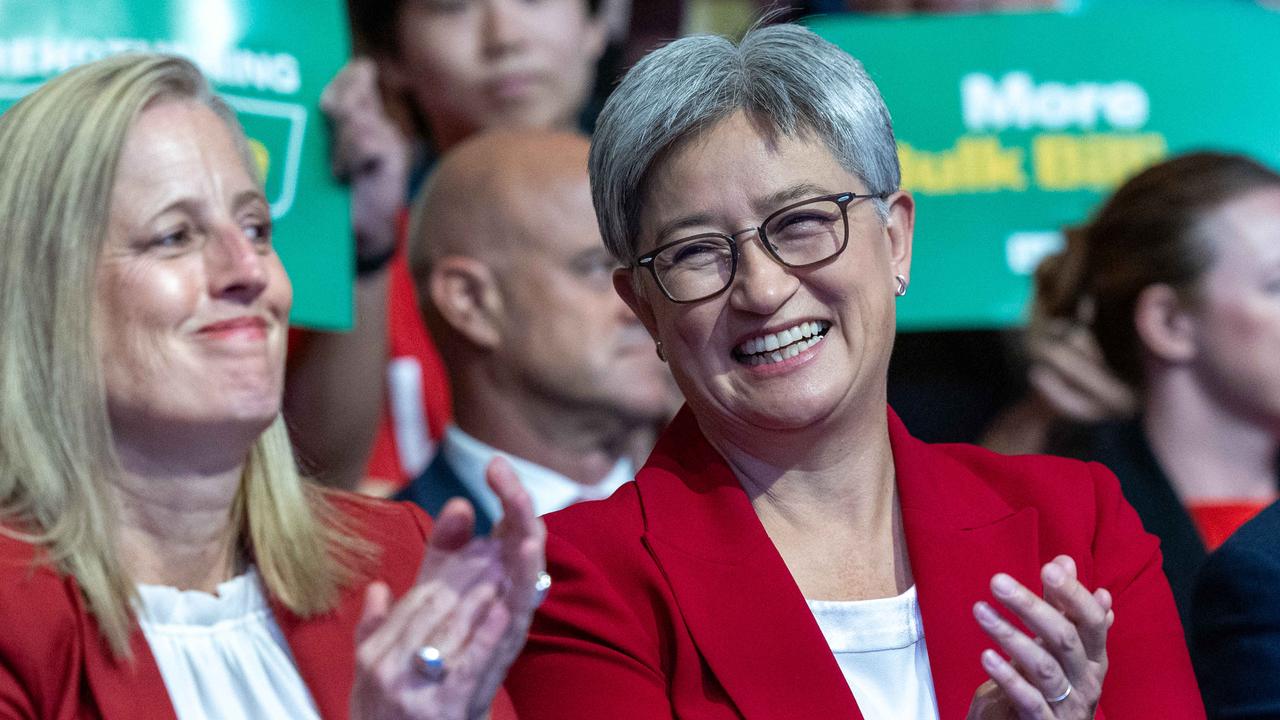
To join the conversation, please log in. Don't have an account? Register
Join the conversation, you are commenting as Logout